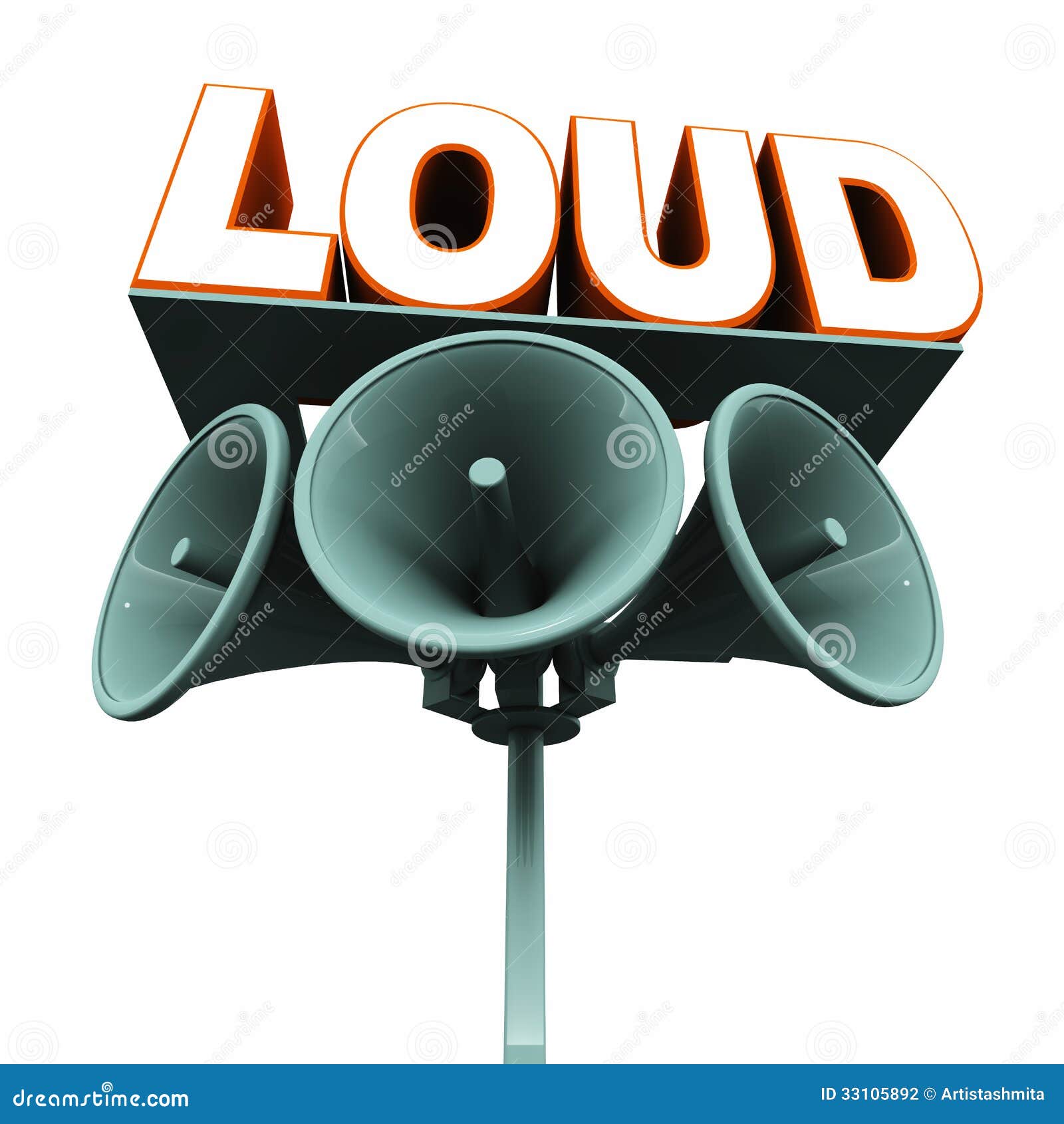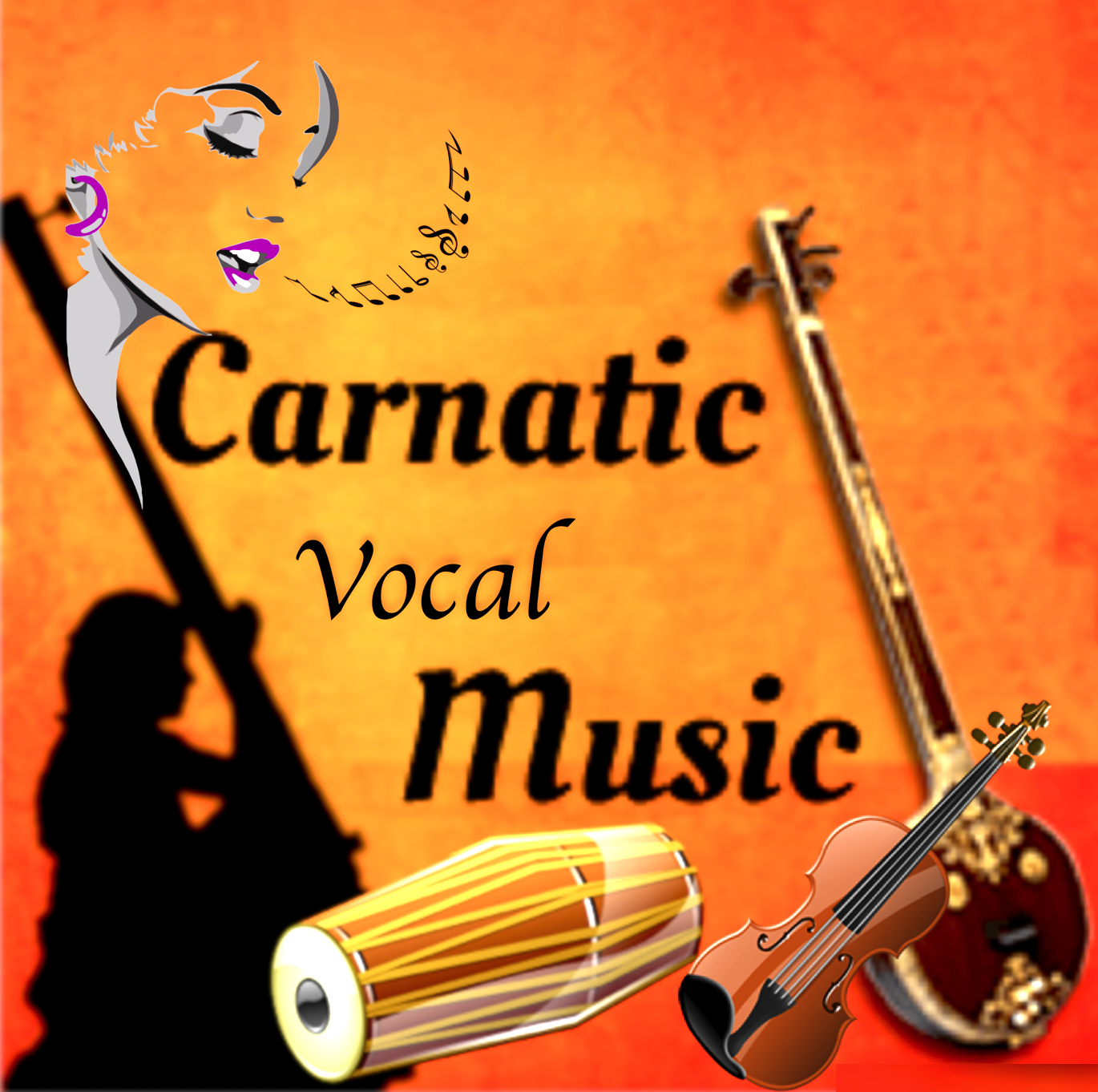
In trying to answer this question, it is important to separate between the notions of "music" and "musicality". Can birdsong, the song structure of humpback whales, a Thai elephant orchestra, or the interlocking duets of Gibbons be considered music? This is now generally seen as a pitfall. Many studies on the cognitive and biological origins of music are centered on the question of what defines music.

Two types of musicality may be differentiated: to be able to perceive music (musical receptivity) and to be able to reproduce music in addition to creating music (musical creativity). A person considered musical has the ability to perceive and reproduce differences in aspects of music including pitch, rhythm, and harmony (see: ear training). In the company of two or more musicians, there is the added experience of the ensemble effect in which the players express something greater than the sum of their individual parts. Judges of contest music may describe a performance as bringing the music on the page to life of expressing more than the mere faithful reproduction of pitches, rhythms, and composer dynamic markings. These definitions are somewhat hampered by the difficulty of defining music, but, colloquially, "music" is often contrasted with noise and randomness. Booking your lesson without speaking to the instructor first does not reserve your spot.Musicality ( music -al -ity) is "sensitivity to, knowledge of, or talent for music" or "the quality or state of being musical", and is used to refer to specific if vaguely defined qualities in pieces and/or genres of music, such as melodiousness and harmoniousness. PLEASE DO NOT REGISTER until you have spoken with your instructor and arranged a mutually convenient schedule. Melanie teaches all ages and levels of ability. She is passionate about inspiring and leading her students to develop in their musicality, singing abilities, and confidence. Melanie has been teaching private voice lessons for 15 years and group musical theatre classes for 8 years. Her experiences lead her to expand her studies, and in 2019 she began graduate studies in counselling through Athabasca University. Melanie has experienced the unique ability that the performing arts have to motivate and inspire. Melanie has been a music director in various churches, she has taught music in elementary schools, and in 2019 she was given a role of Behaviour Interventionist with the OSNS Autism Intervention Program. She collaborated on two recordings with the band and she later recorded an album of original music. Melanie toured across North America with a group of musicians, performing in various venues using music and drama.

Melanie introduced and developed the musical theatre programs at the academy, which include musical theatre group classes and the summer musical theatre group intensive. Melanie’s love of drama, dance, and voice developed in her a passion for musical theatre. While pursuing her music degree, her areas of interest included drama, dance, piano technique, ear training, and performance as a soprano soloist and choir member. She has experience and training in a variety of musical styles, including classical, jazz, rock, pop, and musical theatre, and she plays piano at a grade 8 level.

Melanie holds a Bachelor of Music degree with distinction in vocal performance from the University of Alberta.


 0 kommentar(er)
0 kommentar(er)
